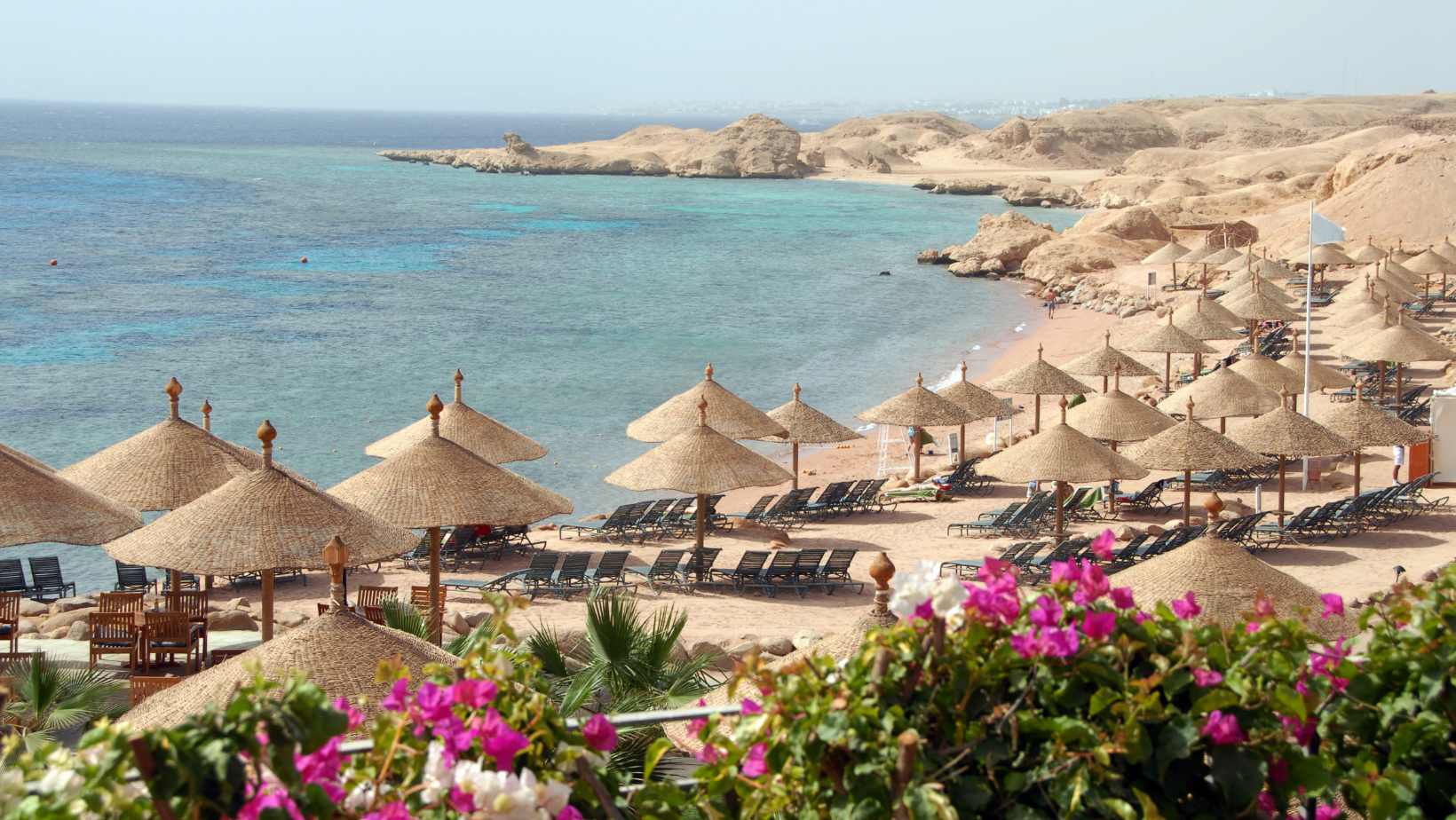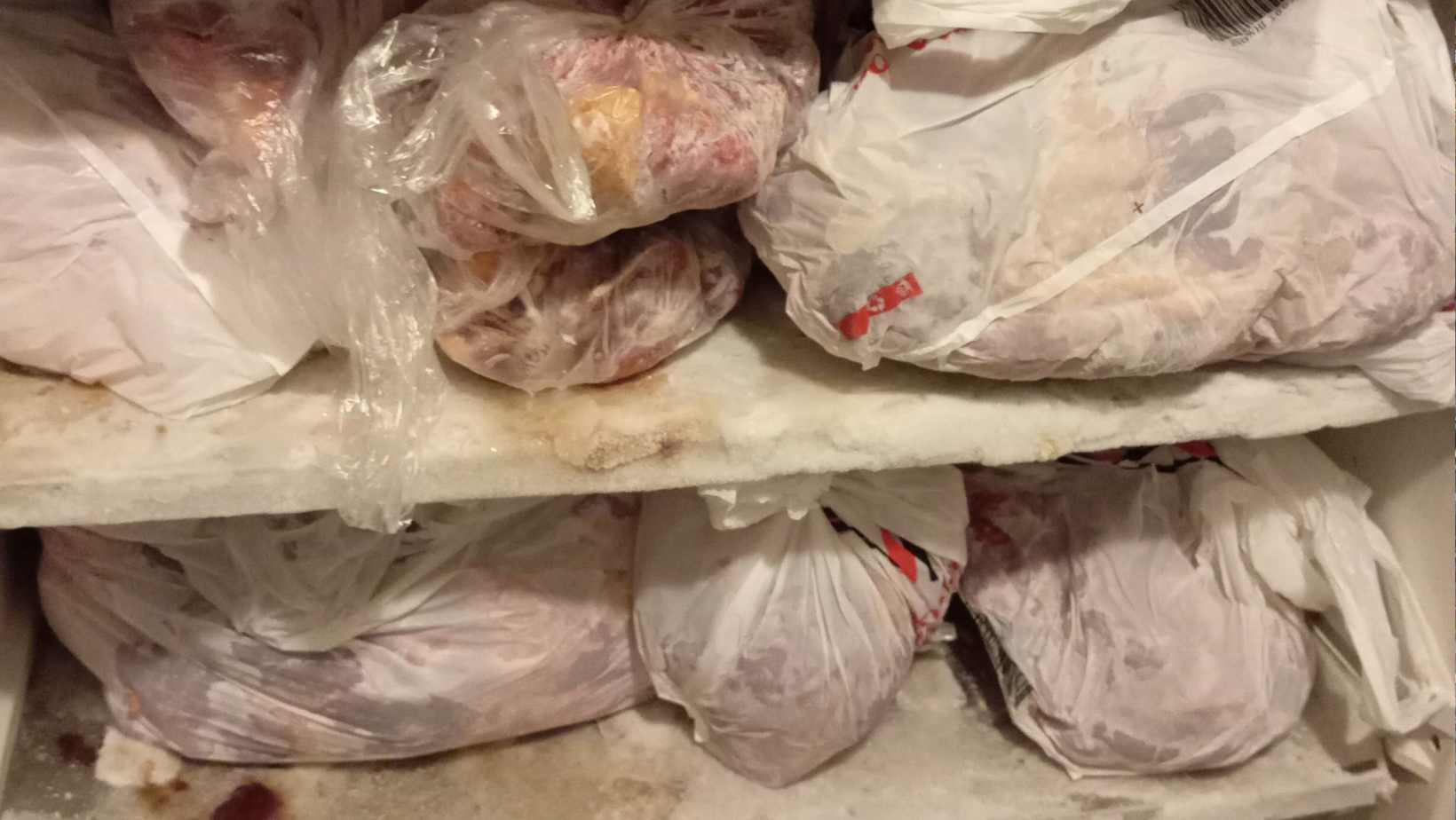Bulgaria and Romania Become Fully Part of Schengen Area
Prague Morning

European Union ministers on Thursday agreed to let Bulgaria and Romania fully integrate into Europe’s ID-check-free travel zone, known as the Schengen area, by lifting land border controls from next year, the EU’s Hungarian presidency said.
Bulgaria and Romania joined the Schengen area in March after years of negotiations, providing free access for travelers arriving in both countries by air or sea.
However, land border checks remained in place due to opposition, chiefly from Austria, over concerns that the two countries were not doing enough to prevent migrants from entering without authorization.
“Interior ministers have just adopted a decision to lift internal land border controls with and between Bulgaria and Romania,” the Hungarian presidency posted on X. “A great victory for Bulgaria, Romania, and all of Europe!” Land border checks will end from Jan. 1.
Romania’s Prime Minister Marcel Ciolacu said the decision would be a “major benefit” to his country’s economy and enable “faster journeys home for the millions of Romanians” living and traveling within the Schengen area.
Freedom of movement is central to European integration. More than 420 million people live in the Schengen area, and their freedom to move across borders helps businesses and tourism to flourish.
Romanian President Klaus Iohannis called it a “natural and necessary step” that will significantly reduce wait times at borders, lower logistical costs for businesses, and attract foreign investors.
“Schengen membership has been a strategic objective for our country,” he said in a statement. “Over time, there have been numerous obstacles, despite Romania’s technical readiness to meet Schengen standards for many years.”
He added that Romania would “continue to act responsibly to protect and strengthen the EU’s external borders” to manage illegal migration.
The Schengen Area was established in 1985. Before Bulgaria and Romania’s partial admission, it was comprised of 23 of the 27 EU member countries, along with Switzerland, Norway, Iceland and Liechtenstein. Around 3.5 million people cross an internal border each day.
Would you like us to write about your business? Find out more
-
NEWSLETTER
Subscribe for our daily news









